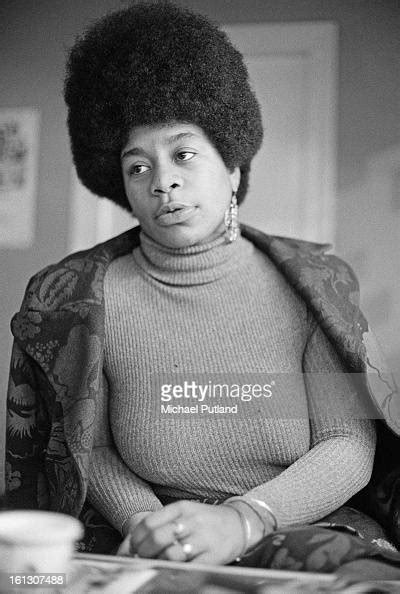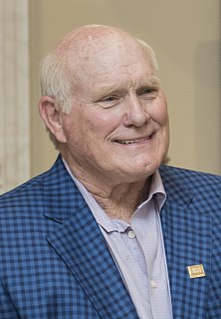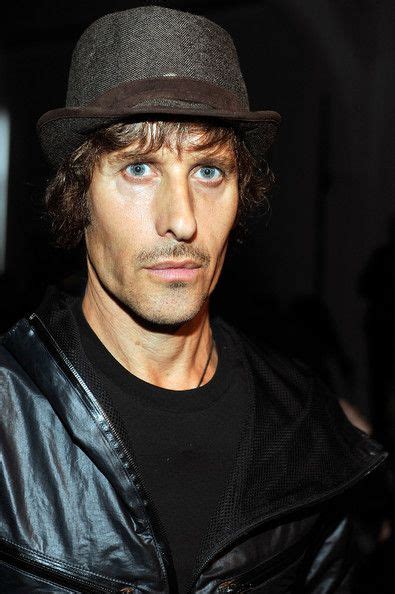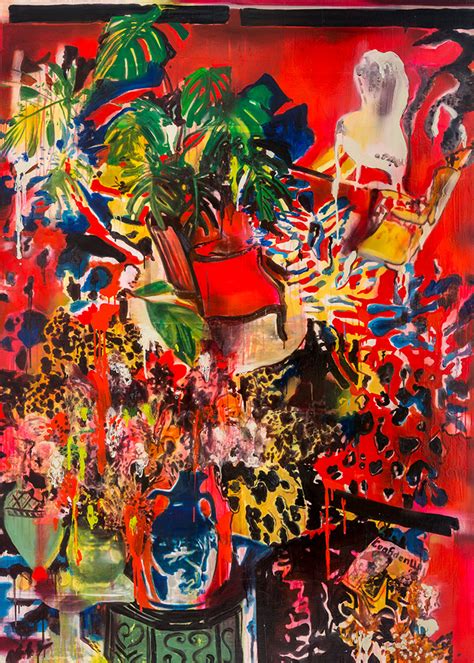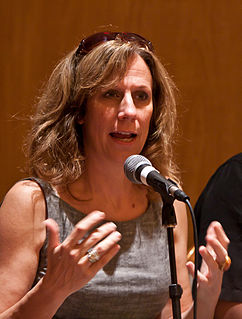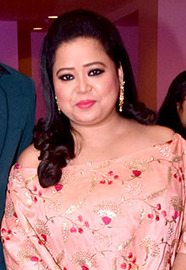A Quote by Louis Theroux
I never want to feel more than the viewers. I'm not trying to be an automaton. It's like when you see people laughing on camera, and you don't find it funny as a viewer - it's an offputting experience.
Related Quotes
What I never wanted in art - and why I probably didn't belong in art - was that I never wanted viewers. I think the basic condition of art is the viewer: The viewer is here, the art is there. So the viewer is in a position of desire and frustration. There were those Do Not Touch signs in a museum that are saying that the art is more expensive than the people. But I wanted users and a habitat. I don't know if I would have used those words then, but I wanted inhabitants, participants. I wanted an interaction.
But there is more to a fine photograph than information. We are also seeking to present an image that arouses the curiosity of the viewer or that, best of all, provokes the viewer to think-to ask a question or simply to gaze in thoughtful wonder. We know that photographs inform people. We also know that photographs move people. The photograph that does both is the one we want to see and make. It is the kind of picture that makes you want to pick up your own camera again and go to work.
I do think there are some actors that can get away with trying to be funny, and they're still funny because they're just likeable, and you want to see them. Me, though, when you see me trying to be funny, it's like the worst thing in the world. It's needy, it's cloying, it's manipulative - it's bad.
I don't find the same things funny that many other people seem to find funny. I don't really respond to sex jokes and things like that, and some of my friends look at me and go, "Come on, Nic, that was my best joke. Why aren't you laughing?" I go, "I really don't know why I'm not laughing. I'm sort of out of sync with it." So I'd have to find something that was really about weird human behavior for me to laugh.
I have to say that my background in comedy, of performing live, has been such a great foundation for what we do now on camera. I really value having that kind of experience. Because when you're doing comedy shows you're writing your own material and trying it out on people and you know people find funny and don't.
Personally, the message that I would like to convey to everyone is just that life is really great and you can do whatever you want with it. That's what I feel like I've gotten out of my experience with the band, because I have done so many amazing things that I never thought I would get to do-and I don't really feel like I'm any more qualified than the next person. I feel like people should take their goals seriously and do exactly what they want, because they can.
I think that if you see that people are laughing, you know they haven't given up hope. You see that people are laughing because everyone has identified the collective hypocrisy of a law or of a politician who is crafting those laws. It's really nice to know that you can have a range of emotion on an issue. You can feel outrage, you can feel sadness, you can find humor, and all of those things are part of coping and dealing, and really, they give you an inspired way of moving forward as you fight.
When I'm in the process of making a movie I'm not thinking about the finished result, and whether people have to see it once or more than once, and what the reaction to it will be. I just make it, and then I live with the consequences, some of which may not be as pleasant as I'd like! I know one thing, however. Many viewers may come out of the theater not satisfied, but they won't be able to forget the movie. I know they'll be talking about it during their next dinner. I want them to be a little restless about my movies, and keep trying to find something in them.







